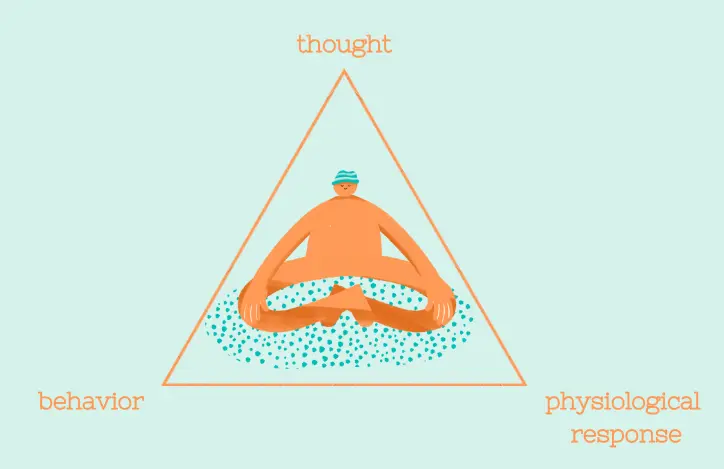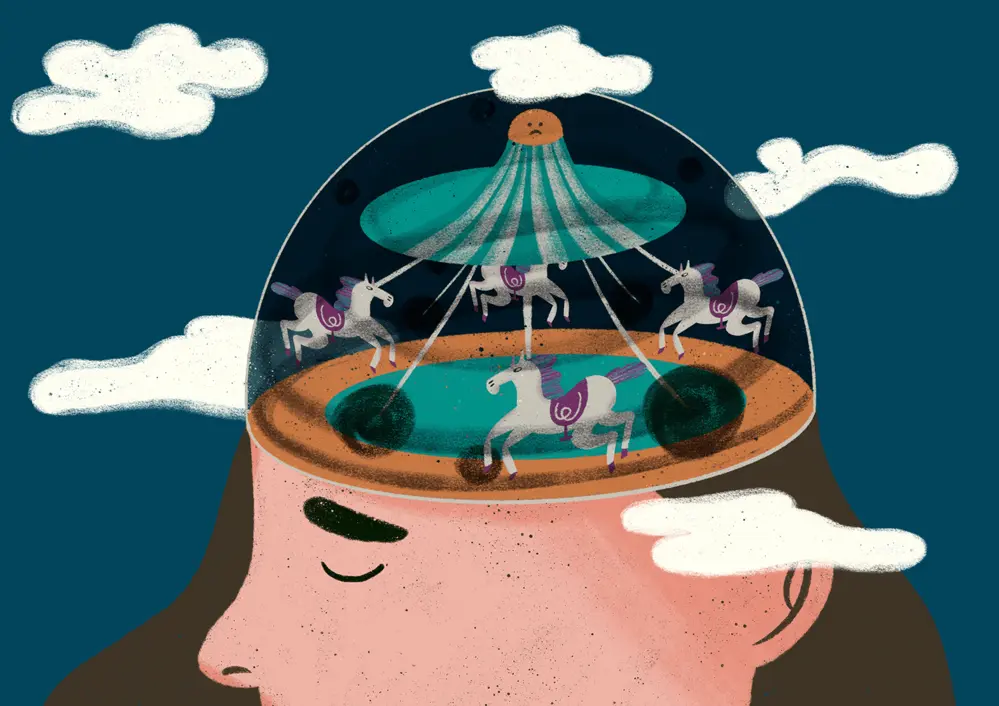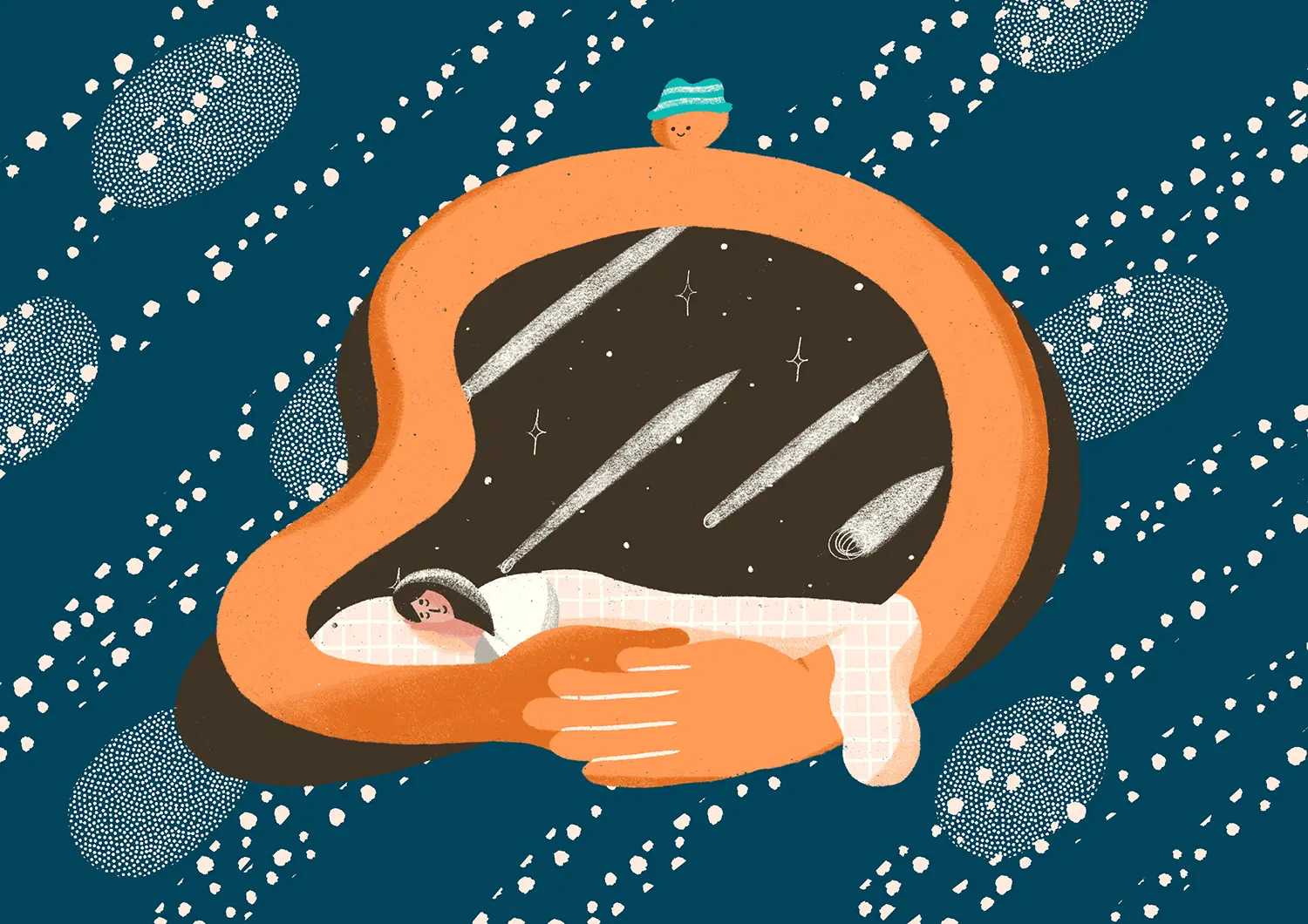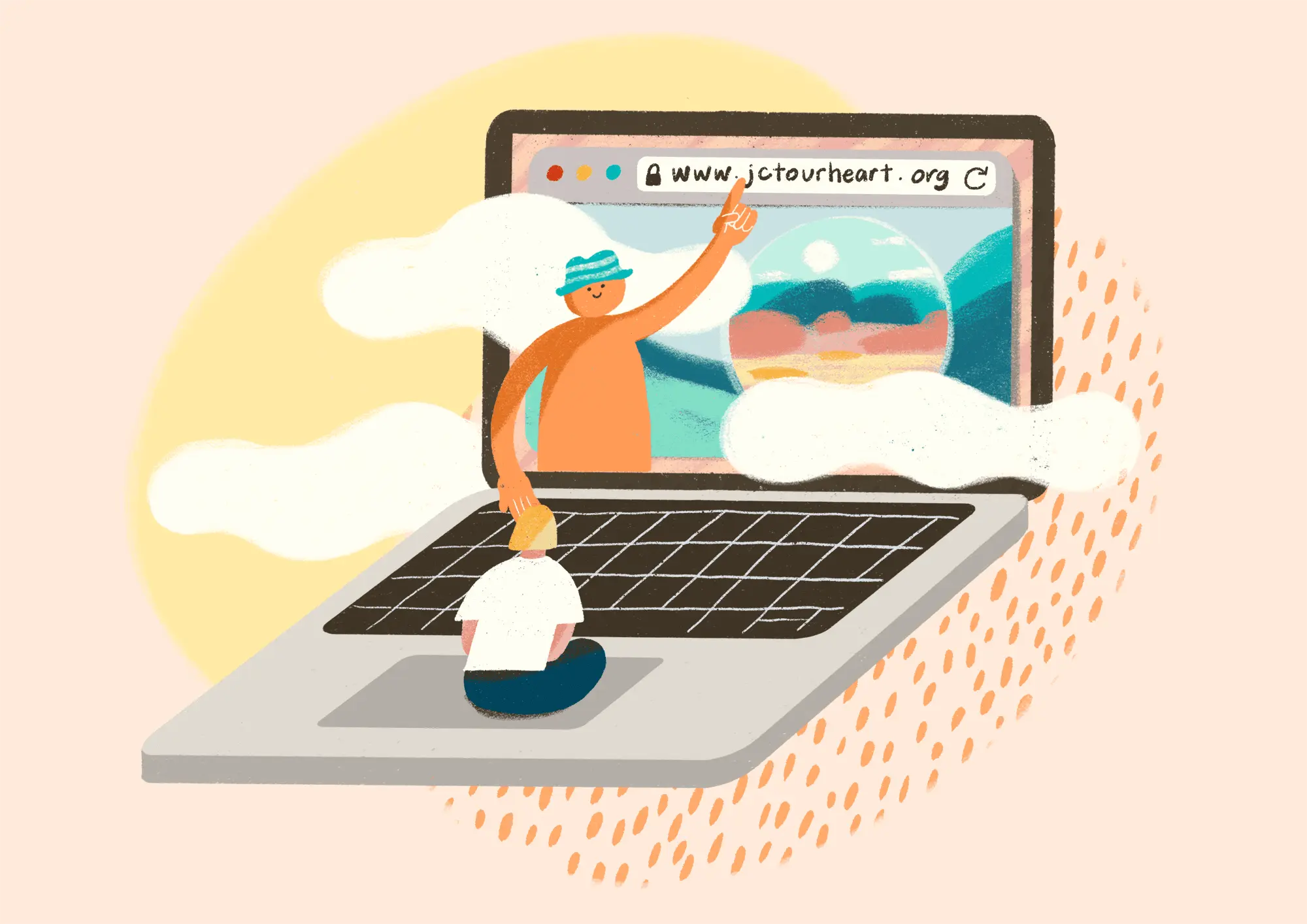
Emotions are neutral by nature, they are neither good nor bad, and add colors to our lives. Even though some emotions may cause discomfort, they are useful and remind us to take care of unmet needs. However, if we dwell on difficult emotions too long, or when they are too intense, they may drag us down. Cognitive behavioral therapy enables us to identify the interplay between our automatic patterns of thinking, emotional responses, and behaviors and helps us to change our habits of thoughts and behaviors, breaking the vicious cycle.
What is Cognitive Behavioral Therapy?
Cognitive behavioral therapy (CBT) is an evidence-based psychological intervention that focuses on changing the pattern of thoughts and behaviors that contribute to and maintain our psychological distress, including depression and anxiety. We usually act based on how we think. Our emotions and behaviors are often affected by our subjective and automatic thinking, rather than the objective facts of the matter. CBT systematically guides users to identify, challenge, and replace their cognitive traps in order to improve on their emotions, behaviors, and lifestyle, which may help to manage their stress and improve on their quality of life.
How do I access CBT in Hong Kong?
CBT is usually provided by clinical psychologists who have related professional training and clinical experiences. Psychiatrists or other mental health professionals may also be able to offer CBT. Research shows that Internet-based cognitive-behavioral interventions can be as effective as face-to-face therapy. Internet-based cognitive-behavioral interventions were found to be effective in improving a range of clinical conditions, including depression, generalized anxiety disorder, panic disorder, and social anxiety disorder, to name a few.
How does CBT work?
CBT is based on the conceptualization that our thoughts, behaviors, and physiological responses are interrelated. When difficult thoughts, sensations and behaviors persist, they form a vicious cycle.
For example, when we saw our colleagues leaned over and whispered to each other, we might worry that they were gossiping about us. The thoughts that ‘‘Did I do anything wrong?’’, ‘‘I am not performing well recently.’’, “Are they badmouthing me?” (thoughts) might make us having butterflies in our stomach or tensing of muscles (physiological responses) or avoid talking to colleagues (behaviors), exacerbating our anxiety and depression. On the contrary, if we think that our colleagues were sharing something about their personal life and not take it personally, the above physiological and behavioral responses would be less likely to appear. The same situation can lead to very different reactions, depending on how we interpret it. CBT assists us in changing our habitual pattern of thinking and behaving.

Process of CBT
CBT not only can be delivered one-on-one, it can also be conducted in groups or over the Internet under guided self-help. CBT is present- and problem-focused, but may also look into the past to recognize how your socialization and experiences in your past might have shaped the way you currently think and behave.
In CBT, users:
- Break down problems into smaller components and set therapeutic goals.
- Keep a record of thoughts, physiological responses, and behavioral patterns to identify the trigger and patterns of response.
- Challenging thoughts: analyzing if the thoughts are objective, challenging and questioning thinking traps and replacing them with more helpful ones.
- Reshaping behaviors: understanding the effect of the behavioral response, learning to make appropriate behavioral responses and problem-solve.
Continuous practice and application of learned skills in daily life is a key element of CBT. You are encouraged to do "homework" between sessions to boost your learning, such as making observations and recording triggering events, associated thoughts, feelings, physiological reactions and behaviors in order to have a better understanding of your patterns and make changes in your daily life.
Benefits of CBT
CBT is one of the most well-researched psychological interventions and has been used to treat a wide range of conditions, including:
- Depression, generalized anxiety disorder, panic disorder, bipolar disorder, obsessive compulsive disorder, phobia (including agoraphobia and social anxiety disorder), post traumatic stress disorder, attention deficit and / hyperactivity disorder in adults.
- Anger management, low self-esteem, chronic pain or fatigue.
- Improves mental well-being and enhances stress management and resilience.
Limitations of CBT
CBT focuses mainly on individuals' capacity to change themselves (thoughts, feelings, and behaviors) and seldom addresses wider structural or environmental issues. CBT also focuses on solving present concerns and less on past experiences.

Cognitive Behavioral Therapy in Jockey Club TourHeart+
In TourHeart+, we offer two online cognitive-behavioral courses (i.e., rumination-focused CBT and transdiagnostic CBT) and clinical psychologist-led Group Cognitive Behavioral Therapy. Transdiagnostic CBT (TCBT) targets the common underlying mechanisms of different emotional disorders and includes a series of cognitive behavioral exercises that can be applied on a range of conditions. TCBT teaches different skills based on the cycle of thoughts, behaviors and physiological responses to reduce psychological distress.
Rumination-focused Cognitive Behavioral Therapy (RFCBT) aims to change repetitive thinking, one of the mechanisms behind the onset and maintenance of anxiety and depression. By understanding and adjusting the way we respond to our thoughts, emotions, and stress, we can develop new ways of relating ourselves to our emotions and self-care.
Different from traditional CBT, our courses take the third wave CBT approach. Awareness, mindfulness, and acceptance are incorporated into CBT. With exercises such as mindful observation of thoughts, body scan, as well as identification of automatic thoughts, attention shifting, behavioral activation, and behavioral experiment, participants learn to eliminate common cognitive distortions such as catastrophizing and dichotomous thinking, to gradually develop flexible thinking and improve their well-being.
If you are experiencing distress, you can register for free to be our member and take our online CBT courses. Each module of our online self-guided courses are packed with videos of clinical psychologists explaining the concepts, written psychoeducation, exercises, and story sharing by people with lived experience. In each module, you will be guided to try different self-help tools, such as ‘‘alternative behavior diary’’ and ‘‘behavioral experiment journal’’.
Each module also has Q&A sections, where you can send your questions and comments about the course to our HeartGuides, who are all accredited with psychology degrees and are trained and supervised by clinical psychologists. The HeartGuides will respond via inbox messages within 4 working days.
In addition, we also offer group cognitive behavioral therapy led by registered clinical psychologists. Participants can recognize unhelpful thoughts and behavior patterns, thereby understand, relate with distressing emotions, and overcome vicious cycles. Different skills such as relaxation exercise, cognitive restructuring, and problem solving, will be practiced progressively. Our therapists will prepare practical exercises for you to consolidate your learning and to facilitate application in day-to-day situations.
Academic References:
Carlbring, P., Andersson, G., Cuijpers, P., Riper, H., & Hedman-Lagerlöf, E. (2018). Internet-based vs. face-to-face cognitive behavior therapy for psychiatric and somatic disorders: an updated systematic review and meta-analysis. Cognitive Behaviour Therapy, 47(1), 1-18. https://doi.org/10.1080/16506073.2017.1401115
Andrews, G., Basu, A., Cuijpers, P., Craske, M. G., McEvoy, P., English, C. L., & Newby, J. M. (2018). Computer therapy for the anxiety and depression disorders is effective, acceptable and practical health care: an updated meta-analysis. Journal of Anxiety Disorders, 55, 70-78. https://doi.org/10.1016/j.janxdis.2018.01.001
Andersson, G., Topooco, N., Havik, O., & Nordgreen, T. (2016). Internet-supported versus face-to-face cognitive behavior therapy for depression. Expert Review of Neurotherapeutics, 16(1), 55-60. https://doi.org/10.1586/14737175.2015.1125783
Ahern, E., Kinsella, S., & Semkovska, M. (2018). Clinical efficacy and economic evaluation of online cognitive behavioral therapy for major depressive disorder: a systematic review and meta-analysis. Expert Review of Pharmacoeconomics & Outcomes research, 18(1), 25-41. https://doi.org/10.1080/14737167.2018.1407245
Karyotaki, E., Riper, H., Twisk, J., Hoogendoorn, A., Kleiboer, A., Mira, A., ... & Cuijpers, P. (2017). Efficacy of self-guided internet-based cognitive behavioral therapy in the treatment of depressive symptoms: a meta-analysis of individual participant data. JAMA Psychiatry, 74(4), 351-359. https://doi.org/10.1001/jamapsychiatry.2017.0044
J.A. Koelen, A. Vonk, A. Klein, L. de Koning, P. Vonk, S. de Vet, R. Wiers. (2022). Man vs. machine: A meta-analysis on the added value of human support in text-based internet treatments (“e-therapy”) for mental disorders. Clinical Psychology Review, Volume 96. https://doi.org/10.1016/j.cpr.2022.102179
Solanto, M. V., Marks, D. J., Wasserstein, J., Mitchell, K., Abikoff, H., Alvir, J. M., & Kofman, M. D. (2010). Efficacy of meta-cognitive therapy for adult ADHD. The American journal of psychiatry, 167(8), 958–968. https://doi.org/10.1176/appi.ajp.2009.09081123
Online resources:
Institute of Mental Health - Cognitive Behavioural Therapy (CBT)



